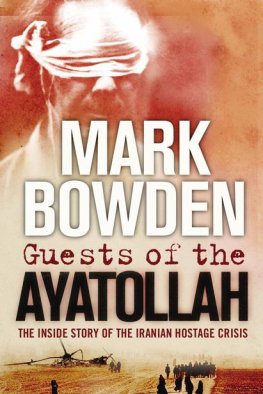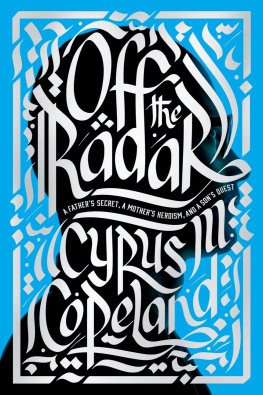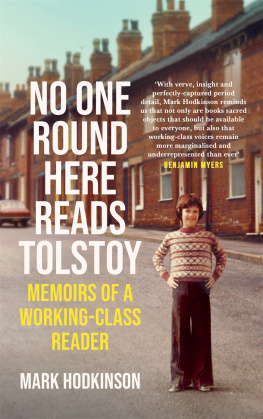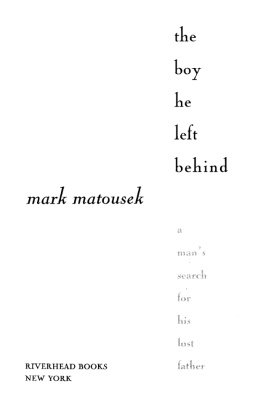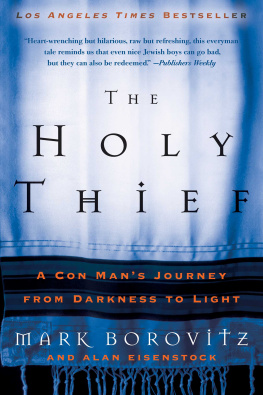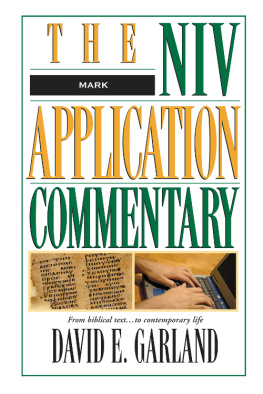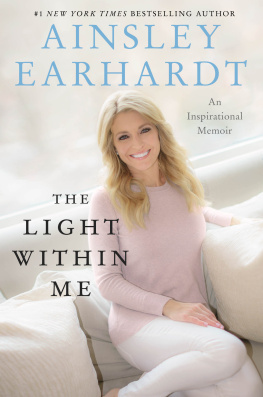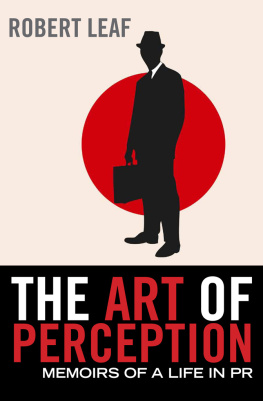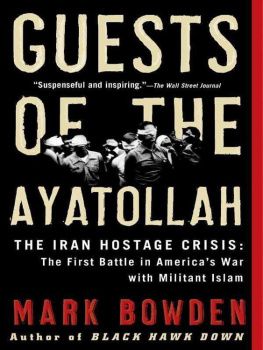Mark Colvin joined the ABC as a cadet in 1974. He was a founding broadcaster for the groundbreaking youth station Double J, initiated The World Today program and worked for Four Corners for five years. After five years as London correspondent for the ABC, interrupted by six months in hospital with a life-threatening disease, he returned to Australia in 1997 to become the voice of ABC Radios leading current affairs program PM, a job he continued to do despite three years on dialysis and a successful kidney transplant. Mark was one of the most popular and influential journalists in the Twittersphere and generously mentored generations of colleagues. He died in May 2017.
Free ebook
In composing his memoir, Mark wrote two chapters detailing the history of both sides of his family that were not included in the final manuscript. MUP and Marks family have now made these chapters, as well as a reflection on Mark by his niece Lucinda Higgie, available to download as a free ebook. Go to mup.com.au and search the website for the ISBN number: 9780522873030.
Life is a jest; and all things show it, I thought so once; but now I know it.
Epitaph on the tomb of John Gay, Westminster Abbey
MARK
COLVIN
MEMOIRS OF A
SPYS SON
For Nicolas and William
MELBOURNE UNIVERSITY PRESS
An imprint of Melbourne University Publishing Limited
Level 1, 715 Swanston Street, Carlton, Victoria 3053, Australia
www.mup.com.au
First published 2016
Reprinted three times 2016
Reprinted twice 2017
This edition published 2017
Text Nick and William Colvin, 2017
In memory of Mark Colvin Tony Jones, 2017
Photographs Nick and William Colvin, unless otherwise stated
Design and typography Melbourne University Publishing Limited 2016
This book is copyright. Apart from any use permitted under the Copyright Act 1968 and subsequent amendments, no part may be reproduced, stored in a retrieval system or transmitted by any means or process whatsoever without the prior written permission of the publishers.
Every attempt has been made to locate the copyright holders for material quoted in this book. Any person or organisation that may have been overlooked or misattributed may contact the publisher.
Cover design by Josh Durham, Design by Committee
Typeset by Cannon Typesetting
Printed in Australia by McPhersons Printing
National Library of Australia Cataloguing-in-Publication entry
Colvin, Mark, 19522017 author.
Light and shadow: memoirs of a spys son/Mark Colvin.
9780522872590 (paperback)
9780522872606(ebook)
Includes index.
Colvin, Mark, 19522017.
BroadcastersAustraliaBiography.
JournalistsAustraliaBiography.
Transplantation of organs, tissues, etc.Australia.
Contents
Preface
I VE BEEN A journalist for more than four decades. Yet I had no longstanding vocation to be a reporter before I became one. Even halfway through 1974, my first year as a trainee, I had real doubts about whether I would stick with the trade. I was one of those people who, at twenty-one, did not really know who they were, let alone who and what they wanted to be.
I did know I had a tendency to drift, and that some of the things Id have liked to drift intowriting novels, making filmsrequired more discipline about time and hard work than I thought I possessed. I wasnt totally indolentId achieved a perfectly respectable good second BA (Hons) in English at Oxfordbut above all I didnt know what I was fitted for. Id worked for nine months in a photographic darkroom at the Australian National University in Canberra, and for a while as a photographer at a local newspaper in the west of England. But, although competent, I thought I didnt have the eye to be as good as my photographic heroes, and that I was better at writing the captions than taking the pictures.
As a 20-year-old, I took a walk in the Suffolk countryside with a friend of my fathers, a man whod made a lot of money in the Mad Men era in New York working for the advertising agency Ogilvy & Mather. He asked me what I wanted to do. Write, I think. What do you want to write about? Im not sure. Ive just spent three years studying the greats, and thats intimidating. And on top of that, I dont feel Ive done enough or seen enough to write a real novel. Well, he said, people who can write but dont have a subject are generally advised to go into advertising or journalism. And he confided that before he made a fortune writing ad copy with Don Draper types in the Big Apple, hed once edited an English dog-owners magazine called The Tailwagger.
In part, though, this is also the story of growing up, unknowingly, as the son of a spy. My father joined MI6 officially in 1951 but was in fact recruited two years earlier. He was not at my mothers bedside when I was born because he was working in espionage: he climbed the ranks to seniority as an intelligence officer over nearly four decades, retiring just before I became a foreign correspondent. Until I reached adulthood, I knew nothing of the truth of his profession: even when I was told the truth, it was only a snippet of the whole story. Even now, Im finding that some of the things he told me after his cover was officially lifted were half-truths, and Im having to accept that some were heavily embroidered, at best.
As such, an element of psychodrama enters in: the possibility that I stepped unconsciously into a field of work that I thought was the opposite of what my father did, but may have only been so in the way that the reverse sides of a coin are opposite to each other. Running in a great circle, only to realise youre almost back to what you were running from.
I grew up knowing that my father would never say much about what his work involved, and could be evasive or contradictory when he talked about it at all. But I thought that was normal among diplomats, especially on the political side of the Foreign Office. He did not, as you will discover, formally reveal to me that he was a spy until I was twenty-five, though Id pretty much reached that conclusion a year or two before. During my teenage and university years, we had disagreed vociferously about a lot, notably the domino theory of the Vietnam War and the relative merits of authoritarian and totalitarian regimes: he believed right-wing dictatorships were temporary by nature, whereas communist ones would never yield (like most of the intelligence community, he did not see 1989 coming). And so a substantial part of this book is an attempt to reconstruct, where I can, some of the parts of his life that I never really knew: the life of an active intelligence officer in MI6, which prefers to call itself the Secret Intelligence Service.
And theres this: a spy and a journalist, if theyre doing their jobs properly, are both trying to find out the truth behind the lies and propaganda, even if they use radically different tools (or at least they did until the London tabloids started tapping peoples phones and hacking into their emails). But there will always be this great difference: the journalist is trying to reach the largest number of people with their exclusive information, while the spys audience is of necessity always tiny.


